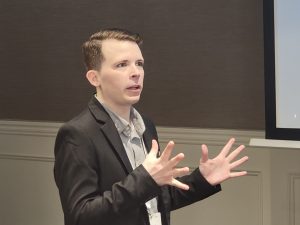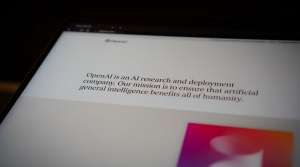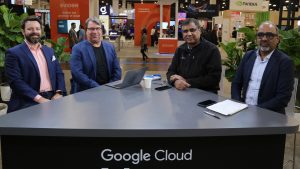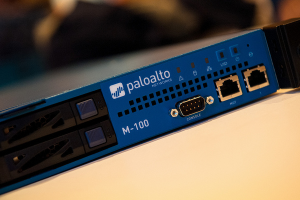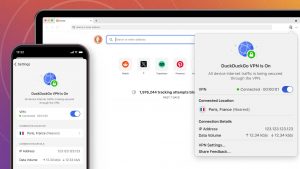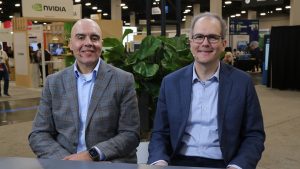Forget Blood. Donate Data! How Cultural Norms Will Shift for Healthcare Analytics
![]() At the recently concluded O’Reilly Fluent conference we had a chance to talk with Roger Magoulas, research director of O’Reilly Media. A regular on theCUBE, Roger is on the cutting-edge of the developer market, noting the important trends and people, offering some great insight for developers and the Fluent event itself.
At the recently concluded O’Reilly Fluent conference we had a chance to talk with Roger Magoulas, research director of O’Reilly Media. A regular on theCUBE, Roger is on the cutting-edge of the developer market, noting the important trends and people, offering some great insight for developers and the Fluent event itself.
One of the things O’Reilly has been working on that piqued Roger’s interest is how health and data interact. It’s not the most technical topic right now, but health data has traditionally been manual and researchers used to conduct studies on a sample populations more or less around a hundred people. Today, there are sensors, medical records and genetic data that shows more than a hundred different factors that you can actually look at. This was an impossible task to manage in the past, but the ability to cross-analyze more and more data points has led to some interesting discoveries, such as the correlation that people who floss are less likely to get congestive heart disease.
“There’s this whole correlation-causation thing. It’s just that people who floss take better care themselves, but others think there are some physiology thing around the microbes,” Roger says. “People in noisy places as an example — they have different health outcomes than people in quite places. So we are trying to create this notion of a platform that helps bring lots of data sources together, and apply the Strata data science staff to changes in health care.”
Given the recent developments with PRISM, personal data protection is a topic that’s front and center when it comes to analytics, particularly in healthcare. So how do they do this whole health data curation without getting in trouble with HIPAA? They are backed by meaningful use Stage 2 under the ‘Health Information Technology for Economic and Clinical Act’ [HITECH Act] which states that people are entitled to their EMR data and they can do whatever they want with it, and that includes donating it to disease groups! That’s one of the big things O’Reilly is working on in the health data space right now; setting up a cultural norm of donating data.
Moreover, health data donors will love the fact that they will know different things about their lives that might have an effect on disease and how it’s expressed in their bodies. Obesity, for instance, is caused by a myriad of things, some of which aren’t immediately associated with personal weight gain, such as antibiotics. Having a wider ream of data over longer periods of time will enable individuals to take more control over their own health, from a highly educated point of view.
Watch the rest of the interview with Roger Magoulas below.
photo credit: Mindful One via photopin cc
A message from John Furrier, co-founder of SiliconANGLE:
Your vote of support is important to us and it helps us keep the content FREE.
One click below supports our mission to provide free, deep, and relevant content.
Join our community on YouTube
Join the community that includes more than 15,000 #CubeAlumni experts, including Amazon.com CEO Andy Jassy, Dell Technologies founder and CEO Michael Dell, Intel CEO Pat Gelsinger, and many more luminaries and experts.
THANK YOU








